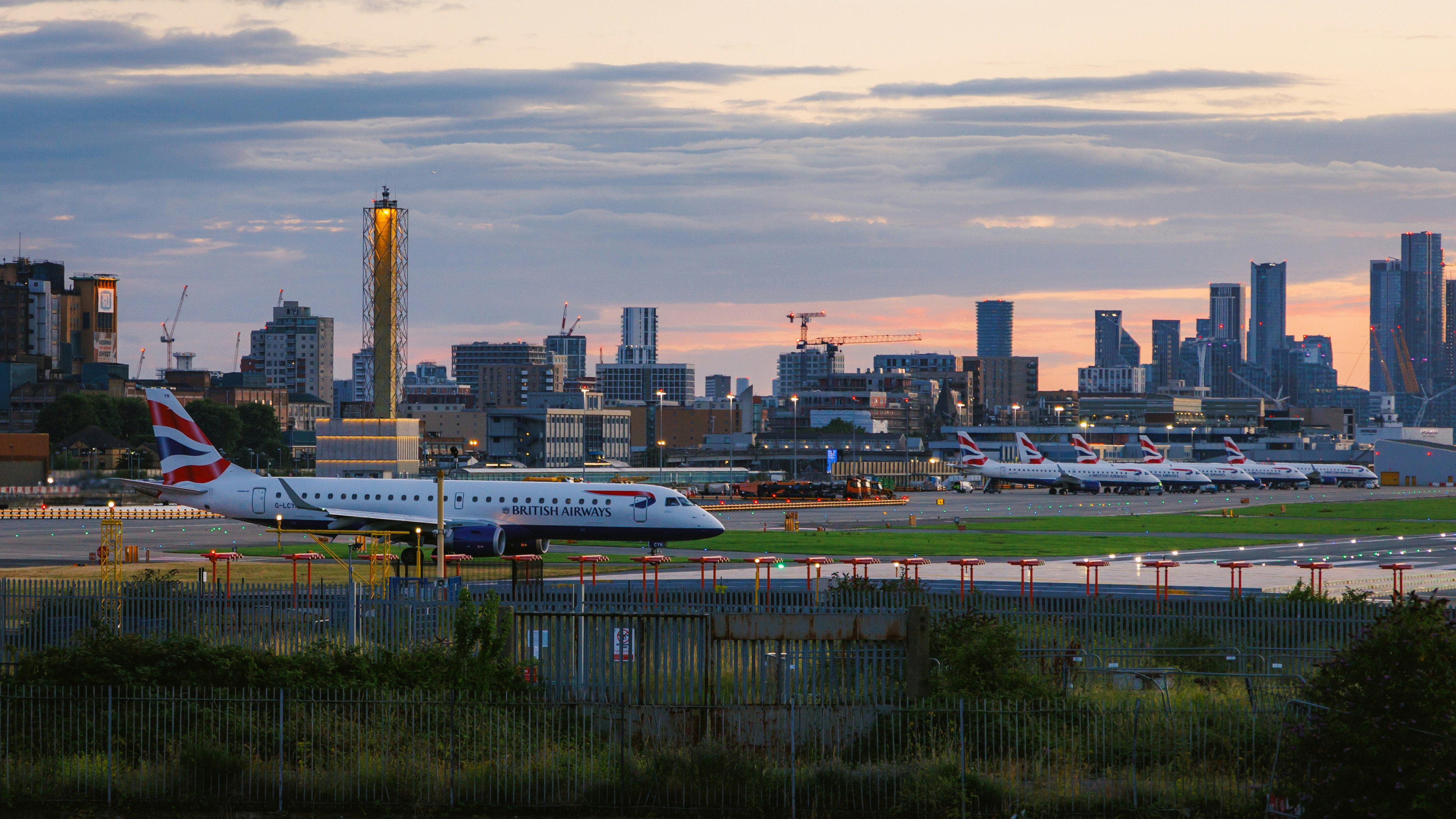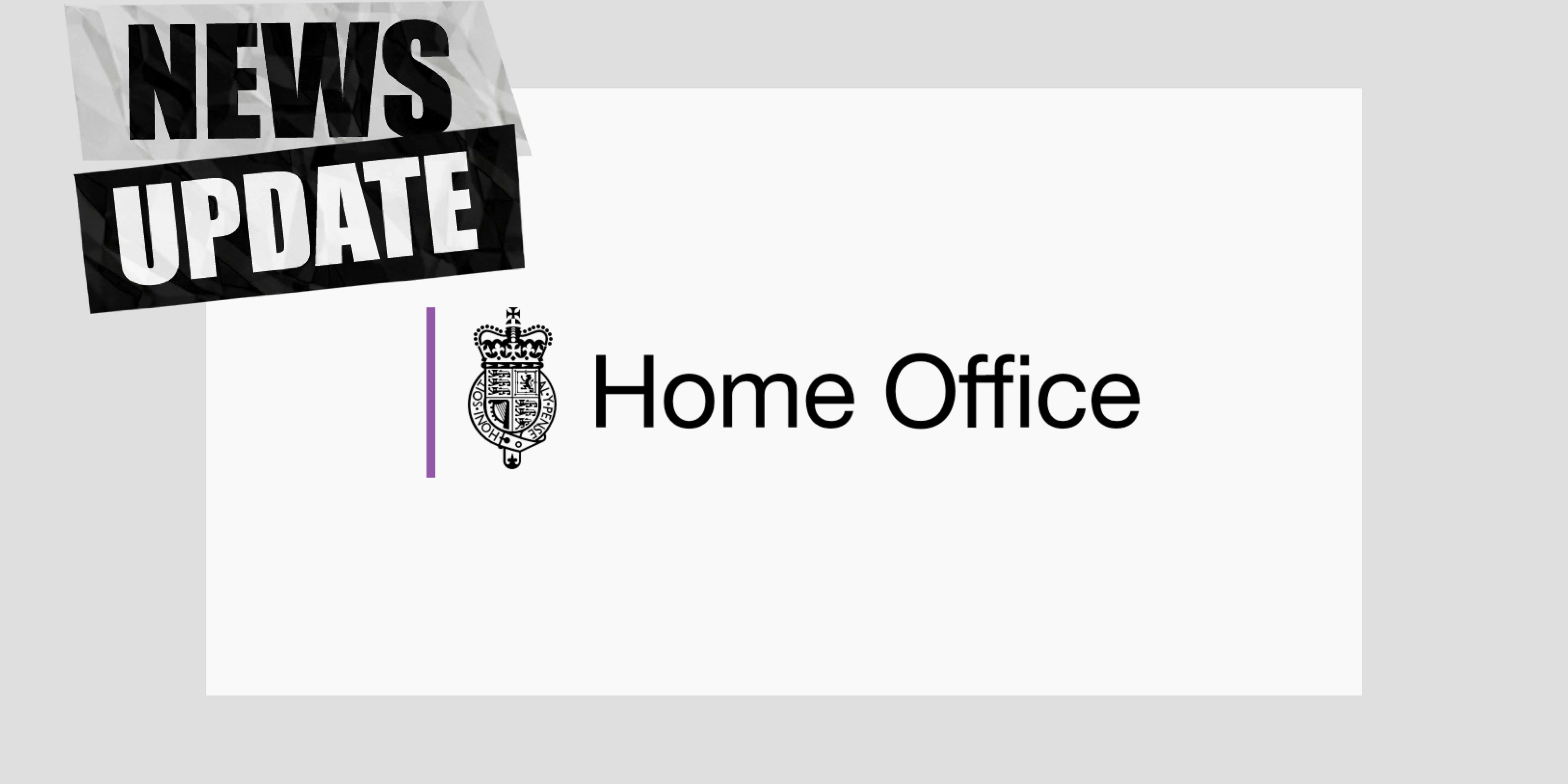London Heathrow Airport has welcomed a landmark decision by the Home Office to drop the requirement for airside transit passengers to obtain an electronic travel authorisation (ETA). This policy change is expected to restore the airport’s competitiveness and reaffirm its status as a global aviation hub.
Previously, non-European travellers without a UK visa were required to apply online for an ETA, even if they were only passing through the airport to connect to another flight. The £10 permit was mandatory for passengers who had no intention of leaving the secure airport zone, an uncommon requirement among leading international transit hubs. Critics warned that the policy could drive millions of passengers to rival European airports, costing Heathrow up to 4 million travellers each year.
Following persistent lobbying from the aviation industry, the Home Office reversed its stance, announcing a temporary exemption for passengers in airside transit. The government has indicated that the exemption will remain under review, though many within the sector believe the rule is unlikely to be reinstated.
Strengthening the UK’s Global Connectivity
The decision is a significant win for the UK’s aviation industry, which had warned that the ETA requirement would erode the country’s status as a major transit hub. Heathrow, which handles the majority of connecting passengers in the UK, is expected to benefit the most, along with smaller transit operations at airports like Manchester.
By removing an unnecessary obstacle for travellers, the UK is reinforcing its commitment to fostering seamless international connections. This move also aligns Heathrow with global standards, enhancing its appeal as a preferred airport for transit passengers.
Changes Ahead for ETA Requirements
In addition to the exemption for transit passengers, the Home Office has proposed increasing the cost of an ETA from £10 to £16, though a timeline for this change has not been announced. Starting April 2, 2025, the ETA system will apply to all international arrivals except British and Irish citizens, UK visa holders, and those remaining in airside transit.
This development underscores the government’s recognition of the aviation sector’s critical role in driving economic growth, tourism, and international trade. By listening to industry concerns and acting swiftly, the UK is taking steps to ensure that its airports remain competitive in a rapidly evolving global travel market.
Balancing Security and Accessibility
The exemption is seen as a positive step toward balancing border security with accessibility for travellers. It sends a clear message that the UK is open for business and committed to creating a traveller-friendly environment. For Heathrow and the broader aviation industry, the change represents an opportunity to attract more passengers, boost connectivity, and support economic recovery.
As the UK continues to refine its travel policies, maintaining a balance between security and convenience will be essential to sustaining its position as a world leader in global aviation. This decision highlights the importance of adaptability in fostering growth and ensuring the UK remains a key gateway for international travel.



